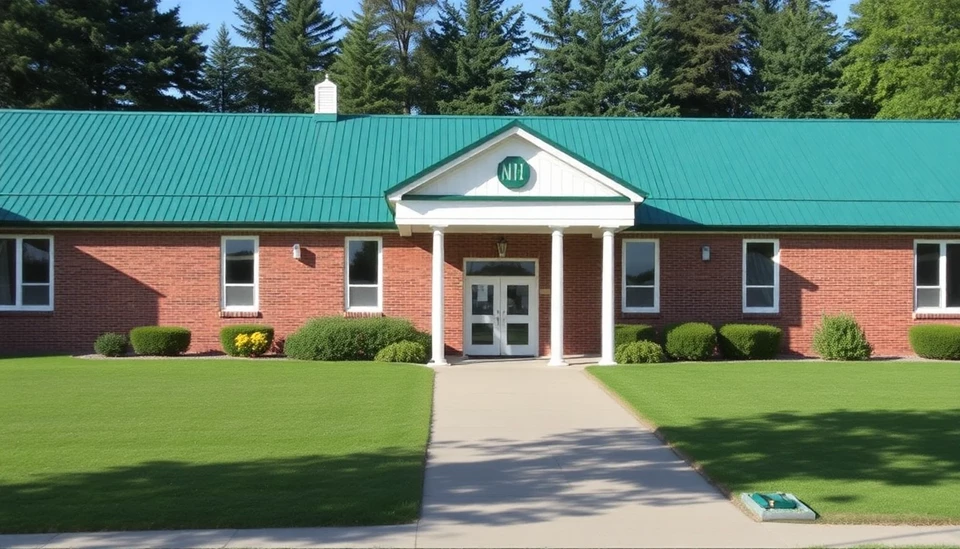
In a somber announcement that echoes through the corridors of environmental education, Northland College, an esteemed liberal arts institution located in Ashland, Wisconsin, has declared its imminent closure. The decision, driven by financial strains exacerbated by declining enrollment, marks the end of a storied chapter for a college renowned for its commitment to environmental stewardship and sustainability.
Founded in 1892, Northland College has long been a bastion for eco-conscious education, drawing students from across the nation who are passionate about environmental issues. The college’s curriculum has consistently emphasized the intersection of education, environmentalism, and social justice, fostering a unique atmosphere for students seeking to make a positive impact on the planet.
Despite its rich history and dedicated programs, the institution has grappled with significant financial challenges over the past few years. A dwindling student body, which has seen numbers decrease to about 300, substantially limited the college's revenue. In an effort to maintain operations, the administration has explored various avenues, including partnerships and program reorganizations. Unfortunately, these measures have proven insufficient to redress the substantial budget shortfall.
The physical and emotional toll of the college’s closure is profound, impacting not just current students and staff but also the alumni who regard Northland as a pivotal part of their personal and professional evolution. The college has produced thousands of graduates who have gone on to shape the fields of conservation, environmental law, and sustainable practices globally.
College President Michael A. Miller expressed deep regret over the decision, citing the challenges of adapting to a changing higher education landscape as a central difficulty. In a statement, he emphasized, "This is a painful decision, but we felt it was necessary given the current realities. Northland’s legacy as an advocate for environmental education will always be remembered, even as we face this difficult transition." The administration plans to facilitate a process that focuses on ensuring that existing students can complete their degrees and transfer to other institutions seamlessly.
As the news of Northland College’s closure reverberates, voices from the wider community and educational sector have begun to emerge, emphasizing the vital role that such institutions play in fostering environmental leadership and activism. The sense of loss extends beyond just the college itself—it touches a network of eco-centric initiatives and collaborations that thrive on the education and passion generated by Northland.
While the college's closure is a setback for environmental education, many hope that the spirit of Northland will not be extinguished. Alumni and former educators may pursue different initiatives, possibly striving to create new opportunities for environmental learning and engagement. In the face of this changing educational landscape, advocates stress the need for innovative solutions to maintain a robust platform for environmental studies and activism in higher education.
As Northland College prepares to close its doors, the focus now shifts to the future supports, connections, and pathways that can emerge from this event. The effects of this closure will undoubtedly resonate, reminding stakeholders of the importance of adequate resources and support for institutions that champion sustainability and environmental awareness.
In the wake of the closure announcement, discussions about the future of liberal arts colleges and the sustainability of their models have gained urgency, prompting reflections about the role of education in the global transition towards sustainability.
Though the college will cease operations, its influence on the field of environmental education and policy will likely remain, inspiring future generations to advocate for and contribute to a more sustainable world.
As the Northland community reflects on its heritage, one cannot help but feel a sense of hope that its legacy of ecological consciousness will continue to thrive in new forms, fortifying commitments to environmental progress in the years to come.
#NorthlandCollege #EnvironmentalEducation #Sustainability #LiberalArts #HigherEducation #Legacy #Closure #EcoAwareness
Author: John Harris




